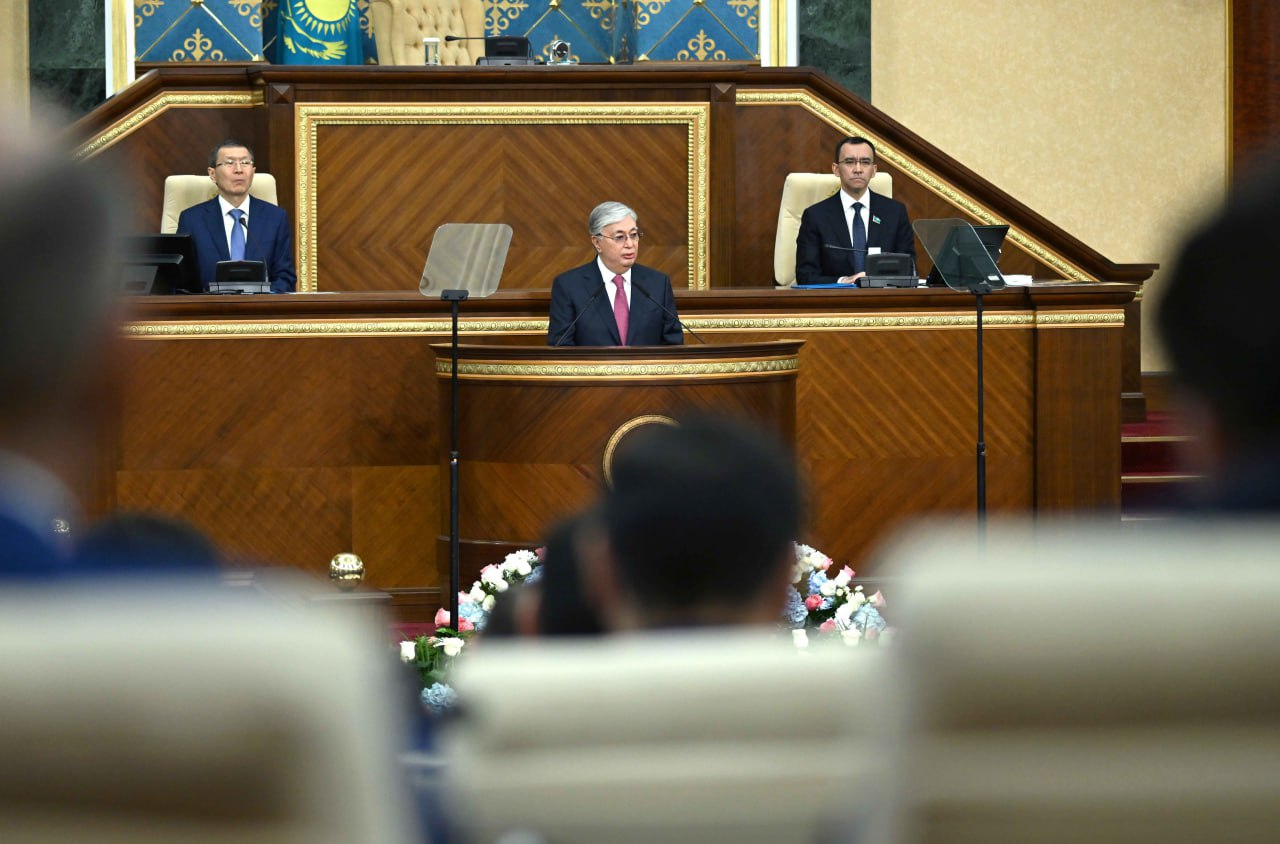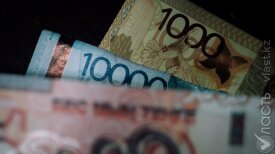A court in Astana sentenced businessman Kairat Boranbayev to eight years in prison on March 31, a landmark case against one of the country’s richest. He was accused of embezzlement in a series of gas trade and transit deals with state-owned company Qazaqgaz. At the time, he was one of the main shareholders in Aziya-Gaz Chundzha LLP, a gas transit company. A businessman close to the circles of power, Boranbayev’s daughter was married to former President Nursultan Nazarbayev’s grandson Aisultan.
A court in Almaty approved the military prosecutor’s request to return to the state an area formerly occupied by the military hospital in the city center. The March 28 decision concerns a plot of land that was sold in 2014 to construction company Dostyk Stroi, owned by Timur Kulibayev, one of the country’s richest and Nazarbayev’s son-in-law.
Kazakhstan’s ministry of ecology told Bloomberg on March 29 it filed a 2.3 trillion tenge ($5.1 billion) environmental claim against the consortium that operates the Kashagan offshore field in the Caspian. Foreign investors involved in the project have yet to issue an official response to the claim, which focuses on the levels of sulfur the consortium keeps at its premises, which allegedly surpass the permitted quota.
On March 29, President Kassym-Jomart Tokayev spoke at the parliament’s first session since the election, urging deputies to work on introducing a number of tariffs for the trading of gas (he said: “The era of uncontrolled and careless use of cheap gas for both industrial and in household consumption should be a thing of the past,”), on adopting measures to return illegally withdrawn assets and to demonopolize the economy, and on the development of the country’s peripheral regions.
The following day, the parliament confirmed Alikhan Smailov as prime minister. Amanat, the ruling party that won 63 out of 98 seats at the elections, put forward Smailov’s name.
Gold mining company Altynalmas sent dismissal letters to more than 1,000 of its employees working in the village of Bestobe, 200 kilometers from Astana, on March 29. The following day, workers gathered to request that the company reverses its decision. Altynalmas bought Kazakhaltyn, the operator of the mine in Bestobe, in 2019.
Unemployed residents of the Zhetybai village in the western Mangistau region blocked a road on March 27, demanding jobs in the oil sector. The protest action continued the following day with the announcement of a hunger strike, which was joined by at least a dozen residents. Diminishing vacancies in the oil sector in Mangistau have triggered issues of inequality and socioeconomic instability.
The government’s antimonopoly agency said on March 30 that the field of civil aviation needs more competition. According to the agency, 76% of the air links are operated by Air Astana and Qazaq Air, which are part or fully state-owned. The government plans to sell shares in its airlines and maintain its “open skies” regime, in an effort to attract foreign carriers.
Kaztransoil, the oil pipeline monopolist, said on March 31 it sent 40,000 tons of oil to Germany via the Druzhba pipeline through Russia between the end of February and March. In April, the state-owned company plans to send as much as 100,000 tons of oil to Germany, still a marginal amount compared to other pipeline vectors for Kazakhstan’s oil exports.
Kazakhstan’s ministry of health added Tramadol to the list of banned substances on March 25, in an effort to contain addiction to prescription drugs in the country.
Madina Abylkassymova, the head of the state agency for financial monitoring, said on March 29 that the Baiterek state holding plans to sell Bereke Bank. Baiterek acquired for free the former subsidiary of Russia’s Sberbank last year, which it then renamed Bereke. In early March, the US Treasury Department said that the new ownership excluded Bereke from the list of sanctioned entities in relation to Russia’s war in Ukraine.
As exports from Central Asia to Russia increase, the European Union is now considering trade restrictions for countries that practice “re-exports” according to The Telegraph. As we reported last week, Kazakhstan has already devised stricter controls on trans-border trade from April 1.
Поддержите журналистику, которой доверяют.








